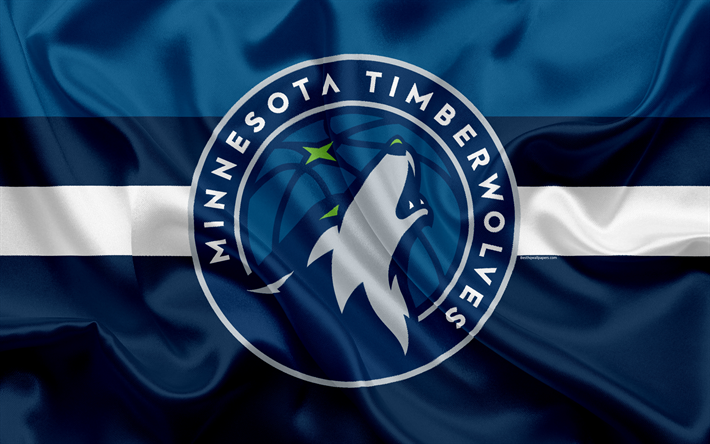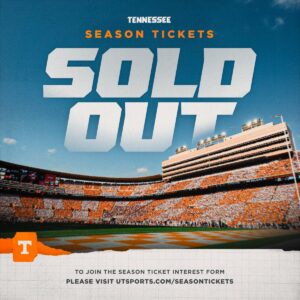
The Timberwolves need to make some difficult financial choices.
One of the NBA’s biggest success stories this year has been the Minnesota Timberwolves. The NBA’s top-ranked defense has been amazing with Karl-Anthony Towns and Rudy Gobert together, proving their detractors wrong. Minnesota’s great start sees them leading the Western Conference with a 39-16 record at the All-Star break, betting on skillful size.
The Wolves were active at the 2024 NBA trade deadline, addressing the backup point guard position and having a genuine chance to contend. The Timberwolves’ biggest error during the trade deadline, despite strengthening their squad, has to do with the team’s approach to—and possibly entry into—the luxury tax.
Minnesota’s trade for a backup guard
In order to acquire veteran guard Monte Morris, the Timberwolves traded Shake Milton, Troy Brown Jr., and a 2030 second round pick to the Detroit Pistons last Thursday. Given their shared past, Tim Connelly, president of basketball operations for the T-Wolves, felt at ease making a trade for Morris.
Connelly was the general manager of the Denver Nuggets when Morris began his career there. In a basketball context, a reunion in Minnesota made sense. Ball security and three-point shooting, two areas in which the seasoned guard excelled, were the Timberwolves’ two greatest requirements. Morris has a career three-point percentage of 38.9% and an assist to turnover ratio of around 5:1.
Morris meets Minnesota’s needs, but obtaining him is not without its challenges.
Long-term financial concerns
Long-term, Mike Conley and Monte Morris have contracts that expire at the end of the season. The front staff faces a challenging issue with Minnesota’s cap table for the next season. Rudy Gobert and Anthony Edwards are also on max contracts with the Wolves when Karl-Anthony Towns’ supermax contract begins. The rookie contract extension for Jaden McDaniels also begins the next season concurrently.
Even with only eight players on guaranteed contracts, Minnesota’s payroll is expected to exceed $170 million. It could be difficult to find space for Conley, Morris, or both.
Morris was well worth the two players the Wolves had to cut from their regular rotation and one highly sought-after draft pick. marThe Wolves’ financial situation is further complicated this year by Morris’ $9.8 million salary. The Timberwolves are currently just $1.56 million below the luxury tax threshold for this season following the trade deadline. Now that two roster places are available, the Wolves must make a difficult decision.
Will Minnesota continue with their current roster or add a player from the buyout market to surpass the luxury tax threshold? In the midst of speculation about Marcus Morris and other possible free agents, Minnesota may be able to add one more player to increase their chances of winning the title this year. Although the concept of financial consequences impeding a win-now deal may not be appealing to fans, the Timberwolves have excellent reason to be cautious about joining the tax this season.
NBA CBA implications
One of the clubs most likely to be impacted by the new NBA Collective Bargaining Agreement’s regulations is the Timberwolves. The Timberwolves are bound by the following guidelines as they are expected to be a second-apron team come playoff time:
Stricter trade rules
This includes the inability to aggregate salaries in trades, trades must be within 110% of player salary rather than the typical 125%, and the inability to take in extra salary via trade.
No access to sign-and-trade deals
Teams in the first and second aprons are not allowed to sign and trade players during the free agency period.
unable to sign buyout players whose salaries above the average pay in the league
Players earning more than the non-taxpayer mid-level exemption will not be available for acquisition by teams above the apron.
Loss of access to the taxpayer mid-level exception
Second-apron teams who expect to sign a free agent for roughly $7.0 million are unable to provide the taxpayer with a mid-level exception during the free agency period.
Potential draft pick freezing
Regardless of where they are in the standings, teams that finish in the second tier for three of the five seasons will automatically have their first-round draft pick pushed to the back of the round. After a team is in the second apron, they will also no longer be able to trade their first-round pick seven years later.
Adding the Timberwolves to the normal luxury tax has drawbacks as well, since they will likely have a large payroll for some time to come. In addition to losing a sizable lump sum of money at the end of the year, ownership would also have to pay the league money should they above the tax threshold. As the years pass, ownership would also face higher tax expenses the more frequently Minnesota is subject to the levy.
Although the owner’s pocketbook may not matter to spectators, team building may become very difficult due to the new CBA ramifications. Tim Connelly and the Timberwolves will need to work extremely hard to maintain a talented core around Anthony Edwards as he enters his prime.




